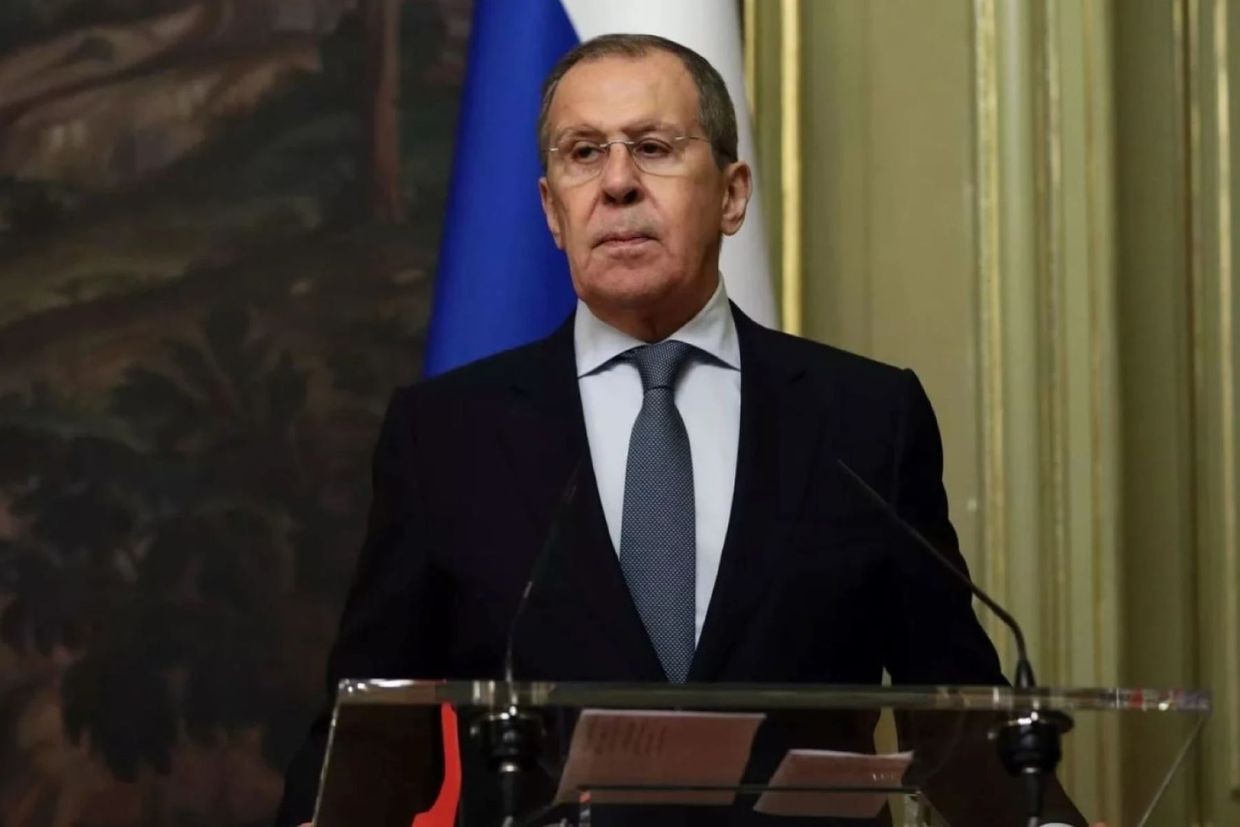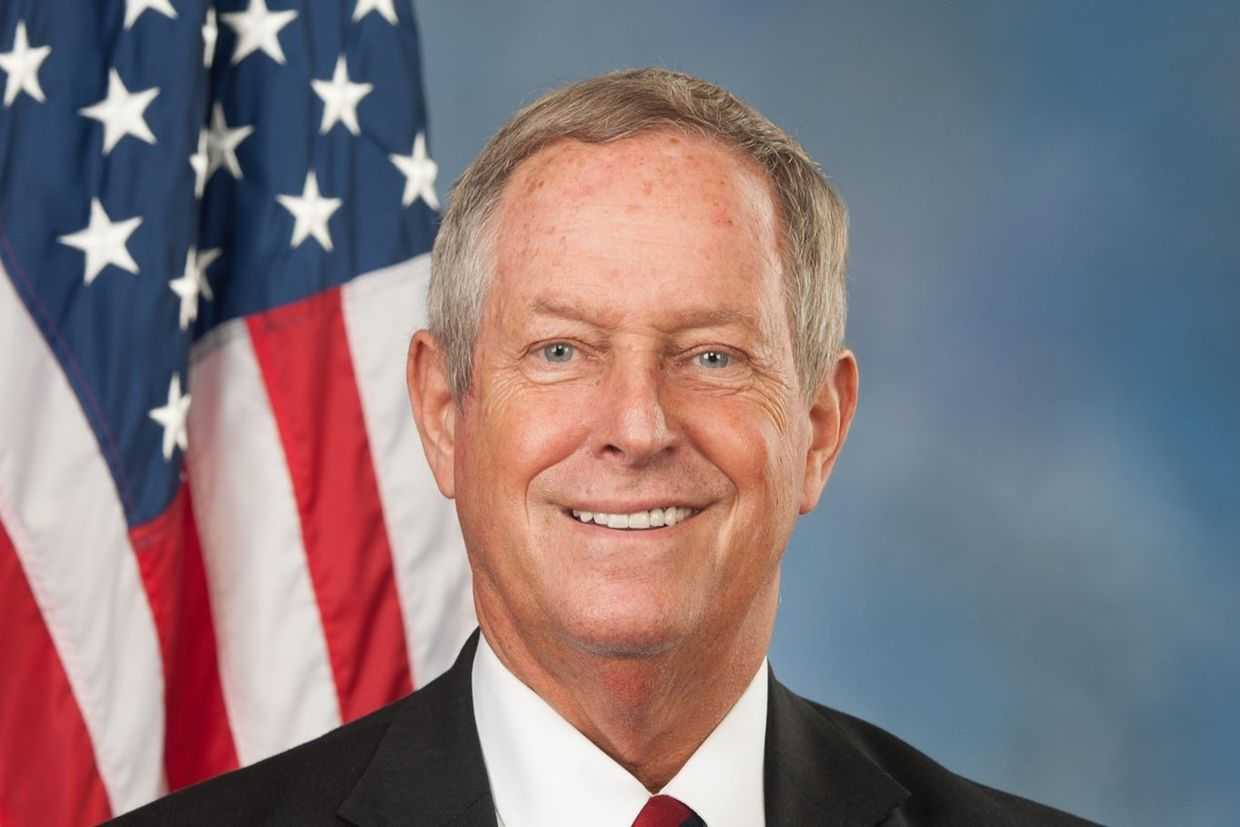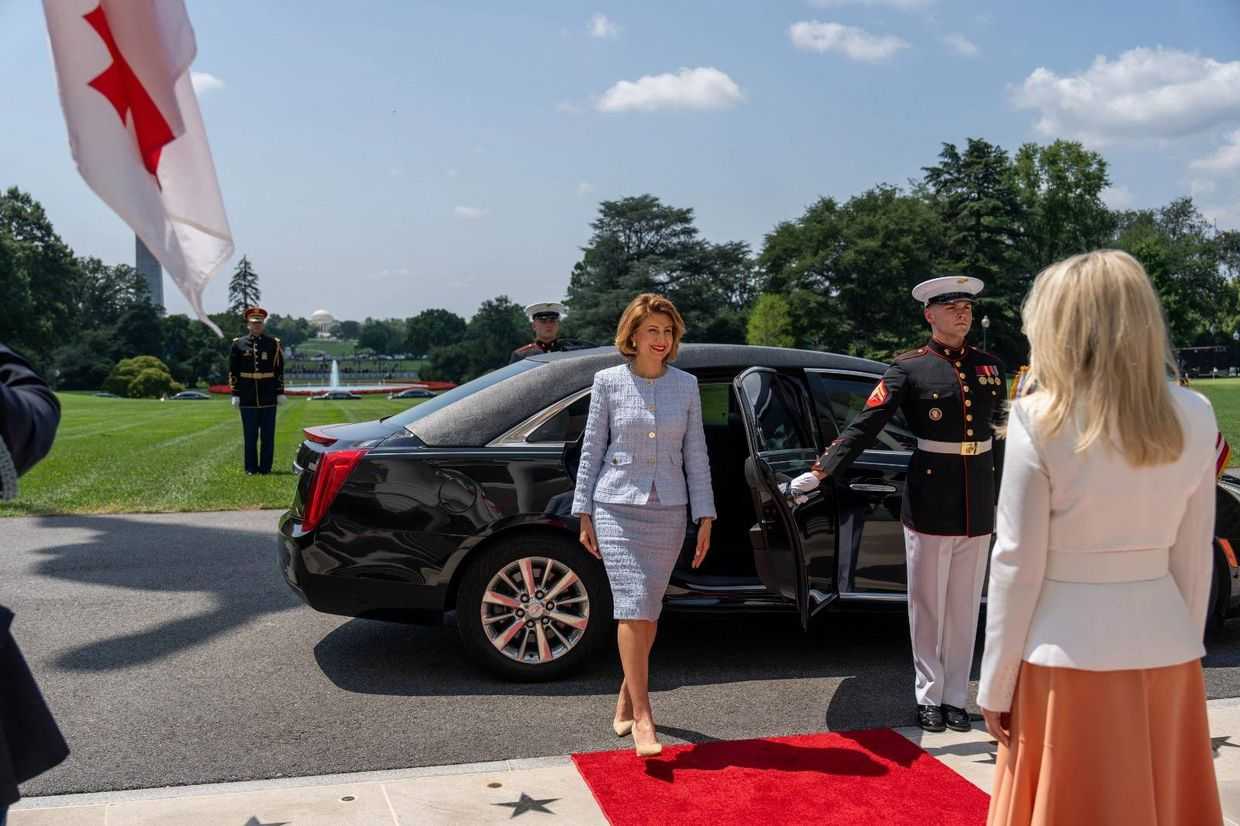
Russian Foreign Minister Sergei Lavrov has once again invited Georgia to the 3+3 Regional Cooperation Platform. In response, the ruling Georgian Dream party did not rule out the possibility of accepting Russia’s proposal in the future, but said it currently sees no reason to do so.
On Thursday, Georgia’s First Parliamentary Vice Speaker, Gia Volski told journalists that at this stage, inclusion in the platform ‘is neither politically nor economically justified’ for Georgia, but stated that this reality may change and that future participation would not be ruled out.
‘The processes taking place in the world determine Georgia’s future position’, Volski said.
The 3+3 format meetings include Turkey, Iran, and Russia on one side, and Armenia, Azerbaijan, and, theoretically, Georgia on the other. However, Georgia has declined to join the format, citing Russia’s participation. This format was put forward by the presidents of Azerbaijan and Turkey at the end of 2020 following the Second Nagorno-Karabakh War.
According to Volski, it is important for Georgia and for the government that ‘neither its political image nor its foreign policy, nor its economic interests are damaged in any way’.
‘Therefore, in the future, something may appear, but at this stage, nothing seems to justify our involvement in this format, either politically or economically. So, let’s wait for the processes’, he said.
On Wednesday, Lavrov stated in the Russian parliament that the doors are open for Georgia in the platform, and ‘the chair will always be in the meeting room of this format’, the Russian state-run media outlet TASS reported.
‘From the very beginning, everyone agreed that we have a 3+3 format and that we understand the doubts and nuances of Georgia’s position, but that the chair for Georgian representatives will always be in the meeting room of this format’, he claimed.
Moscow has repeatedly reiterated that it expects Georgia to join the 3+3 Regional Cooperation Platform meetings.
Grigol Gegelia, a member of the opposition group Strong Georgia, said on Friday that ‘any national government should work to deepen relations with the European Union, instead of flirting with Russia and failing to speak out about the unacceptability of the “chair” that Lavrov and others are offering us’.
‘We welcome the start of bilateral negotiations with regional powers, but it is unacceptable for Georgia to become a member of the [3+3 platform]’, he said.
‘Georgia cannot be a member of a format in which the Russian Federation is present, which has occupied 20% of Georgia’s sovereign territory. Against the backdrop of a new security order being created, while the European Union is becoming increasingly active in independently ensuring security, at such a time, national interest requires an accelerated rapprochement with the very space where there is peace, prosperity and security’, he added.
Georgians throughout the country have been protesting for more than 80 days against the government’s policies and the announcement the ruling party would halt the country’s EU accession process. The political crisis followed October’s parliamentary elections, which according to official results, gave Georgian Dream a large majority, with 54% of the vote.

For ease of reading, we choose not to use qualifiers such as ‘de facto’, ‘unrecognised’, or ‘partially recognised’ when discussing institutions or political positions within Abkhazia, Nagorno-Karabakh, and South Ossetia. This does not imply a position on their status.










